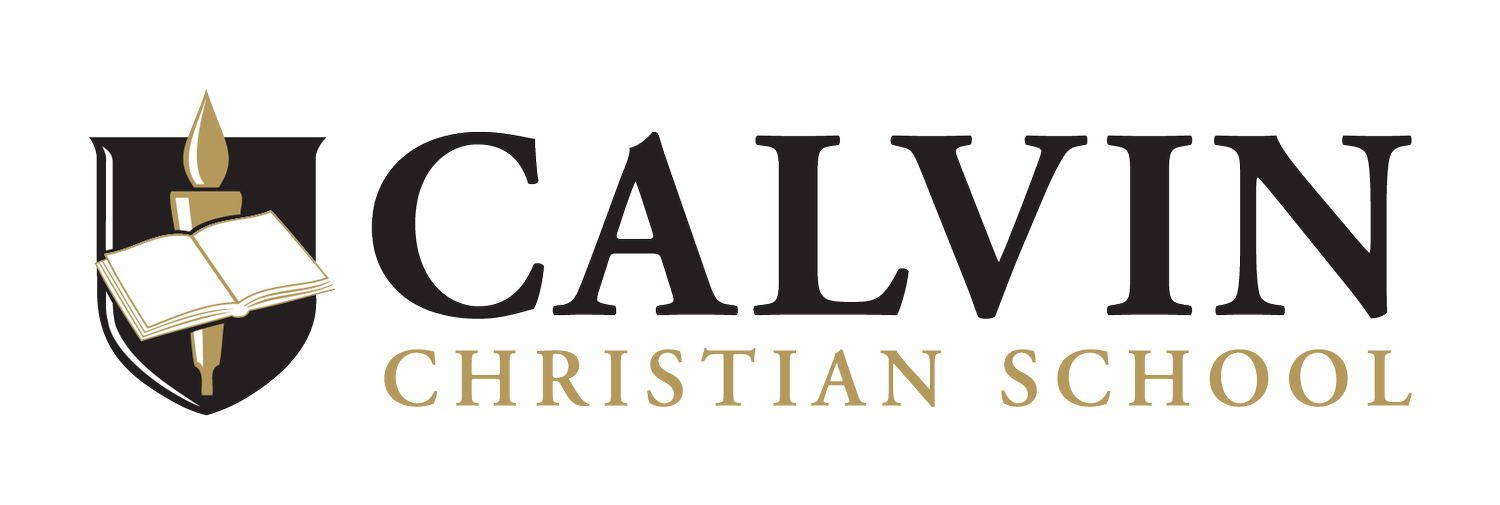“I’ve lost a tooth!” or “I have a wobbly tooth!” A worrying statement if made by one of us but a moment of delight for our younger students.
These are phrases that I seem to be hearing quite a lot lately. It is usually accompanied by an open mouth and an invitation to peer at the new gap in their teeth or to see the movement of the tooth still clinging on by its roots. Like many of you, I’ve also witnessed the shock and the delight of our young ones holding the tooth in their hands or the distress of having lost their tooth.
“I’m reflecting on these comments at a time of year with great significance for our students...”
I’m reflecting on these comments at a time of year with great significance for our students. For our Year 10-12 students, with exams underway or shortly to start, these are significant weeks and although they may not be rushing up to show us the evidence of these events, taking time to notice and celebrate, to encourage and listen is just as important as it is for our younger students.
I recently read an article that encouraged ‘skilful’ questioning and embracing the importance of ‘listening, curiosity, learning, and humility’. As parents and as a parent myself, there are times when, in the busyness of life, our listening might lack a sense of curiosity, learning, and humility for the things that our children share. I would love to have an attitude more like Jesus when he broke through the ‘adult’ world of those around him and allowed people to bring their children to him, blessing them.
What a privilege it is to be able to navigate these stages of life with our children, not just reminding them of how we did it but simply stopping to listen and supporting their growth to maturity.
Scott Ambrose - Principal
Chevallier et al., “The Art of Asking Smarter Questions”, HBR, (May-June 2024)




